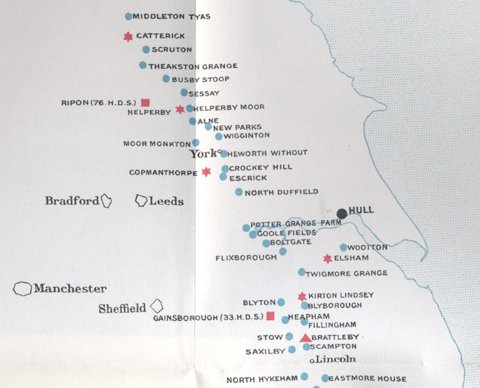Clouds
Partly in lieu of the thing itself, but mainly just for fun, here are some word clouds of my thesis (generated with Wordle). So the above image shows the 75 most frequent words in the entire document, with the biggest word being the most common. (So it’s something to do with air and war and […]


